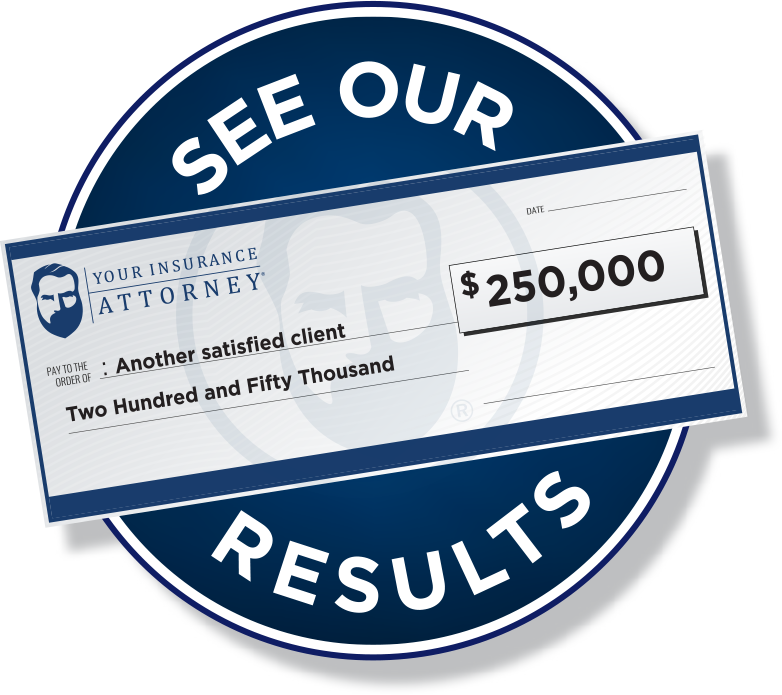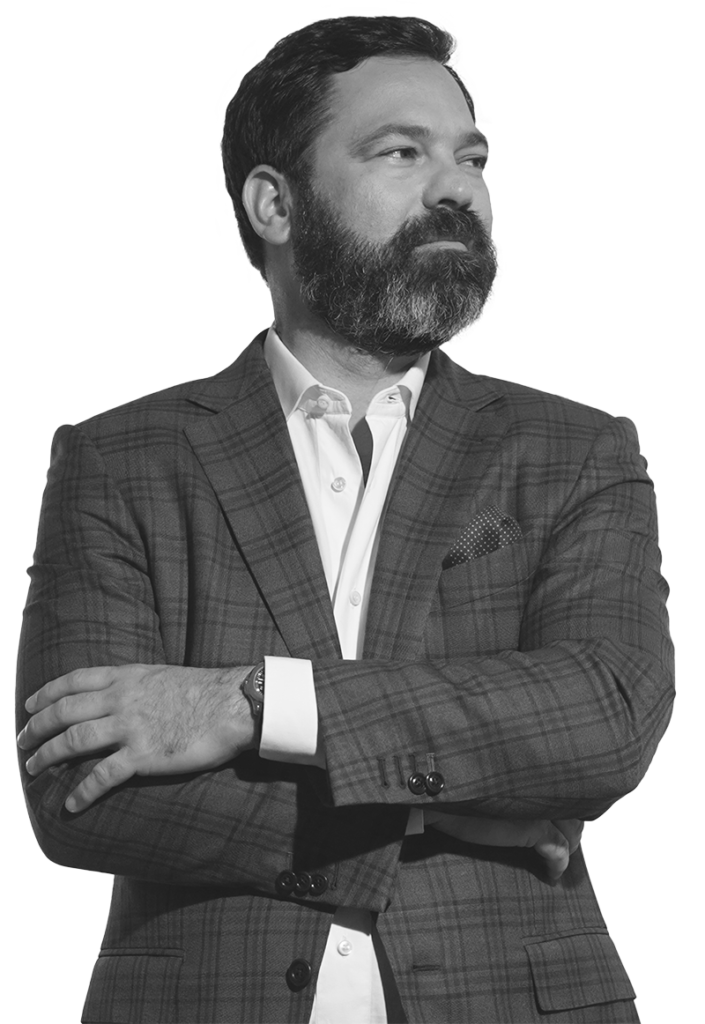
Families place their trust in nursing homes, expecting their loved ones to be treated with care, dignity, and professionalism. When that trust is broken through neglect, abuse, or poor supervision, the results can be life-altering. Physical injuries, emotional trauma, and wrongful deaths occur far too often in facilities that are supposed to protect the most vulnerable.
Florida law allows legal action when a nursing home’s conduct harms a resident. These cases are not limited to visible injuries. They may involve emotional suffering, untreated medical issues, or signs of psychological distress. Legal representation can help determine whether the standard of care was violated and whether compensation may be recovered.
Your Insurance Attorney represents residents and families across Miami-Dade County affected by negligence in nursing homes, assisted living facilities, and long-term care centers. To speak with a Miami nursing home injury lawyer, call 888-570-5677 for a free consultation.
 Choosing the right personal injury injury lawyer in Miami matters when holding an elderly care facility accountable. Your Insurance Attorney brings decades of experience advocating for families harmed by negligent care in long-term facilities. We have handled over 75,000 injury claims and secured over $1 billion in client compensation.
Choosing the right personal injury injury lawyer in Miami matters when holding an elderly care facility accountable. Your Insurance Attorney brings decades of experience advocating for families harmed by negligent care in long-term facilities. We have handled over 75,000 injury claims and secured over $1 billion in client compensation.
Every nursing home injury case is handled with focused attention from start to finish. Clients can expect:
Your Insurance Attorney assists families with claims involving private nursing homes, assisted living centers, and specialized memory care facilities. Whether the harm resulted from neglect, poor supervision, or deliberate abuse, our experienced elder injury lawyers work methodically to investigate what went wrong.
Each case strategy draws from medical documentation, staff records, facility inspection histories, and the client’s experience. We prioritize building a well-supported legal claim while allowing families to focus on recovery, relocation, or care planning.
Not every injury in a nursing home is a result of negligence. However, repeated incidents, a lack of clear explanations, or medical conditions that worsen without cause may point to deeper issues. Legal review is appropriate when:
 Facilities may attempt to explain away injuries as accidental or unavoidable. In some cases, staff may discourage families from seeking outside review. When concerns arise, speaking with a nursing home injury attorney allows you to evaluate what occurred and determine next steps.
Facilities may attempt to explain away injuries as accidental or unavoidable. In some cases, staff may discourage families from seeking outside review. When concerns arise, speaking with a nursing home injury attorney allows you to evaluate what occurred and determine next steps.
A claim may still be possible even if the injury happened weeks or months ago. Florida law allows for the review of medical charts, staff records, and other documentation that may reveal whether proper procedures were followed.
Abuse and neglect can take many forms. Not all injuries leave visible marks. Some affect a resident’s physical health, while others manifest through changes in behavior or personality. Common warning signs include:
Residents are often reluctant to speak out due to fear of retaliation or cognitive impairment. Family members usually play a critical role in identifying signs that something is wrong. If you believe abuse or neglect may have occurred, it is important to document your observations and seek legal advice as soon as possible.
 Nursing home injuries often stem from systemic issues such as poor training, insufficient staffing, or a lack of oversight. The injuries themselves may vary in severity but frequently result in hospitalization, long-term disability, or worse. Common injuries include:
Nursing home injuries often stem from systemic issues such as poor training, insufficient staffing, or a lack of oversight. The injuries themselves may vary in severity but frequently result in hospitalization, long-term disability, or worse. Common injuries include:
Each injury must be evaluated in the context of the facility’s care records, staffing levels, and previous citations. Patterns of injury or repeated complaints may help establish liability and show that the injury was not random.
 Florida law holds nursing homes accountable when their actions—or failure to act—harm residents. These facilities owe a duty of care to provide a safe and sanitary environment, offer adequate supervision, and ensure that staff are properly trained.
Florida law holds nursing homes accountable when their actions—or failure to act—harm residents. These facilities owe a duty of care to provide a safe and sanitary environment, offer adequate supervision, and ensure that staff are properly trained.
Liability may extend to:
To build a strong case, your attorney may review employment records, internal emails, inspection reports, and prior complaints filed with state agencies. Florida’s Agency for Health Care Administration (AHCA) maintains records of past violations, staffing shortages, and facility inspections that may support your claim.
Families who suspect neglect or abuse can take immediate steps by reporting the situation to the appropriate agencies. In Miami, nursing homes are regulated by both state and federal authorities. Reporting concerns initiates an investigation and can help preserve records relevant to a future legal claim.
Reporting Channels in Florida:
While reporting triggers administrative review, it does not create a legal claim. A separate legal process must be initiated to recover compensation. However, any documentation created during the reporting process, such as inspection findings or disciplinary actions, can support the legal case later.
Pursuing a nursing home injury claim involves several distinct phases. Florida statutes and civil procedure rules guide each step. The process begins with an initial review and may lead to negotiations, litigation, or trial, depending on the case’s facts.
The process starts with thoroughly reviewing medical records, facility logs, witness statements, and state inspection reports. The attorney assesses whether the facility breached its duty of care and whether that breach resulted in documented harm.
Many claims require written notice to the facility and time for internal review before filing a lawsuit. The attorney may request additional records or expert evaluations to support the claim during this period.
The attorney files a civil complaint in court if no resolution is reached during the pre-suit period. This document outlines the allegations and names the responsible parties, initiating the formal litigation process.
Both sides exchange evidence through depositions, written questions, and document requests. Discovery helps clarify the facts, identify witnesses, and prepare for trial if no settlement is reached.
Many cases are resolved through negotiated settlements before reaching trial. However, the case may proceed to court if the nursing home disputes liability or damages. Trial outcomes are determined by a judge or jury based on the evidence presented.
Our nursing home abuse lawyers communicate with the facility, insurers, and opposing counsel throughout the process. The goal is to build a documented, persuasive claim demonstrating liability and the impact on the injured resident.
A nursing home injury claim aims to compensate residents and families for losses caused by negligence or abuse. Florida law allows injured individuals, or their legal representatives, to seek economic and non-economic damages.
 Time limits apply to all personal injury claims in Florida, including those involving nursing home abuse or neglect. The statute of limitations defines how long an injured party has to file a lawsuit. Missing this deadline may result in permanent dismissal, regardless of the strength of the case.
Time limits apply to all personal injury claims in Florida, including those involving nursing home abuse or neglect. The statute of limitations defines how long an injured party has to file a lawsuit. Missing this deadline may result in permanent dismissal, regardless of the strength of the case.
The General Rule states that most nursing home injury claims must be filed within two years of the date the injury was discovered or reasonably should have been discovered.
Wrongful Death Claims must also be filed within two years of the date of death; however, the deadline may be extended in cases where fraud, concealment, or misrepresentation prevented the discovery of the injury. Such exceptions are rare and require substantial proof.
For this reason, early legal review is recommended. Your Miami nursing home injury attorney can confirm which deadline applies and take steps to preserve evidence before it is lost or altered.
Before hiring an attorney, families may want to ask the following:
These questions help set expectations and ensure the attorney’s approach aligns with your needs and concerns.
 Pursuing a civil claim against a nursing home often means facing well-funded defense attorneys. These facilities are usually backed by parent companies that retain legal teams to protect their interests.
Pursuing a civil claim against a nursing home often means facing well-funded defense attorneys. These facilities are usually backed by parent companies that retain legal teams to protect their interests.
At the same time, proving abuse or neglect can be difficult. Residents may have memory loss, communication challenges, or an inability to describe what happened. Sometimes, the defense may attempt to explain away injuries as part of the natural aging process.
Placing a family member in a nursing home is never an easy decision. Discovering that they may have been mistreated adds another layer of distress. Your Insurance Attorney provides legal support to families who suspect their loved one has suffered harm in a care facility. Our Miami law firm builds each case focusing on medical records, facility documentation, and evidence of substandard treatment.
Consultations are free, and clients pay nothing unless compensation is recovered. To speak with a lawyer about a possible nursing home injury claim in Miami, contact our office today at 888-570-5677.
2601 S Bayshore Dr 5th Floor
Miami, FL 33133
Ph: 888-570-5677

You handle personal injury,
property damage, and health
claims. How do you do it all?
What does “we don’t get
paid until you do” mean?
Why should people speak
with YIA first before calling
their insurance company?


2300 Maitland Center Parkway
Suite 122
Maitland, Florida 32751
We truly care about getting the best results for you. Our goal is to help you through powerful representation from start to finish. We work with clients all over the states of Florida, Georgia, Colorado, North Carolina, and California.